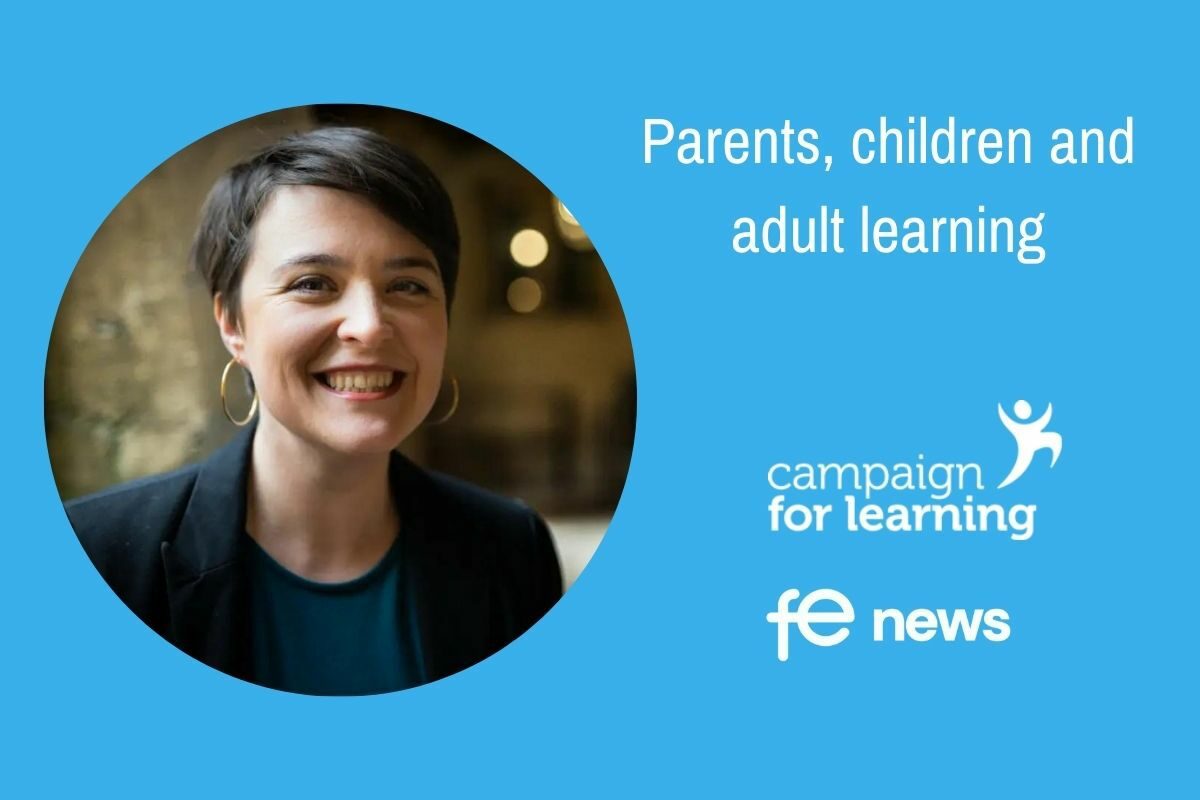Targeting Support at Carers to Improve the Educational Outcomes of Children in Care

Academic success acts as a strong protective factor for well-being and social inclusion in childhood and later life. Yet for many of the 80,000 children currently in care, this might seem out of reach.
Children in Care Have Lower Education Outcomes
Indeed, data shows that on average, children in care fare far worse in education than their peers with no experience of care throughout childhood, and beyond (Berridge et al., 2020; Viner & Taylor, 2005). Many children who go into care grow up with parents who have mental health or substance misuse problems often living in chronic poverty (DfE, 2019). Unsurprisingly, development and school readiness are delayed by early childhood adversity, neglect and maltreatment and for many, disruptive journeys through care compound children’s problems in education (Harden & Whittaker, 2011).
These challenges are reflected in data on educational outcomes at age 11 and 16, and beyond. For example, in 2021, children in care scored less than half the points in KS4 exams (age 16) that their peers in the general population (DfE, 2021). The task of supporting the education of children in care is therefore an urgent one.
Exceptions to the Rule
This experience is not universal, however. Some children in care find refuge in learning and in their school routines. Some children speak of being like every other child among large groups of peers with their own preoccupations about school, friendships and family.
Some children in care also perform well in school; because they are academically inclined and determined, because they have stability or because they have significant support, usually from a trusted adult. Many go on to have brilliant careers, like the poet Lemn Sissay, the actress Samantha Morton or the current Lord Mayor of Manchester, Donna Ludford. Academic success should not be out of reach for any child; so how do we support those who face so many challenges and hurdles to succeed?
Interventions Targeted at the Carer
A systematic review of protective factors for the education of children in care identified carer attitudes, aspirations and support for children’s education as a strong protective factor for children in care (O’Higgins et al., 2017). This suggested that the interventions should target carers, yet reviews on the impact of educational interventions identified few such programmes (Evans et al., 2017).
Against this backdrop of scant evidence, in 2019 What Works for Children’s Social Care (WWCSC) reanalysed data from the National Pupil Database and randomised controlled trials of educational interventions conducted by the Education Endowment Foundation (Sanders et al., 2020). These analyses examined the impact of educational interventions on a subset of children with a social worker included in these trials.
Findings highlighted ten interventions which showed signs of potential. These interventions looked like good bets to improve the educational outcomes of children with a social worker. In addition, interventions that target parents and carers appear from our analysis to be particularly encouraging. WWCSC went on to fund the implementation of four of these interventions for children with a social worker and an independent evaluation, and findings are anticipated in early 2023.
No Easy Task
But supporting children in care with their learning is no easy task. In addition to gaps in knowledge, many children also have psychosocial problems or behavioural problems and special educational needs which must be addressed if children are to be school ready and able to engage with learning. Children in care also exist in a complex web of bureaucracy which gives them various rights and entitlements, including financial and practical.
They are entitled to an enhanced Pupil Premium fund and receive support from the Virtual School of their local authority (a team dedicated to supporting the education of children with a social worker). Carers need up-to-date knowledge and expert skills to navigate this system, advocate for children in their care and ensure they receive all the support they are entitled to.
Where carers and children are well supported by interventions that meet their multiple needs, children in care will be in a better position to succeed and become the next big poet, actor or politician.
Recommendation 1
Local authorities should provide effective training to help carers support the education of children in their care.
Recommendation 2
Local authorities should develop new complex interventions targeting the low attainment of children in care.
Recommendation 3
DfE and local authorities should conduct robust impact evaluations of new interventions to expand the evidence base and toolkit available to support children in care.
By Aoife O’Higgins , Director of Research, What Works for Children’s Social Care
Read Campaign for Learning‘s press release here.
Parents, Children and Adult Learning: Family Learning Policy in the 2020s
Read previous articles here:
- Driving-Up Parental Engagement in Educational Catch-Up, Sam Freedman, Research Fellow, Institute for Government
- Focusing on Parents to Improve Social Mobility, Lee Elliot-Major, Professor of Social Mobility, University of Exeter
- Encouraging Parental Involvement in Children’s Learning Through School Communication, Adrian Burt, Founder, MarvellousMe
- Balancing Parental Support and Independence of 16-18 Year Olds in Further Education, Noni Csogor, Research and Policy Manager, Sixth Form Colleges Association
- Involving Parents and Guardians in Careers Support for 11-18 Year-Olds, Lesley Thain, Head of Career Programmes, Gatsby Foundation
- Enabling Parents to Get What They Need to Support Children to Learn, Kerry-Jane Packman, Executive Director, Parentkind
- Working with Parents in the Early Years to Get More Children School Ready, Louise Bazalgette, Deputy Director, Nesta
- Using Technology to Help Parents Bridge the Gap in Child Learning, Tom Harbour, Chief Executive, Learning with Parents











Responses